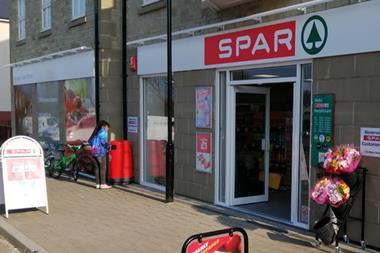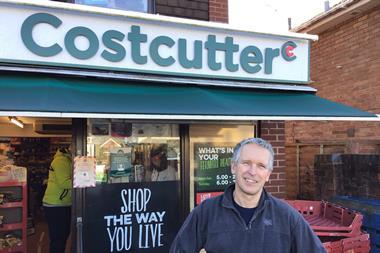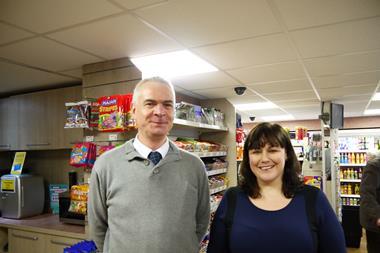Crime special: Spar Lindford, Hampshire

Last year a ram raid caused £200,000 worth of damage to Spar Lindford and left owner Julian Taylor-Green facing an uphill battle to keep his store trading whilst making endless calls to contractors, suppliers and his insurer to ensure the future of the business.
ALREADY HAVE A REGISTERED USER ACCOUNT? PLEASE LOG IN HERE
To read the full story join the ConvenienceStore.co.uk community today!
Registration is quick and easy and provides access to:
- Unlimited ConvenienceStore.co.uk articles
- Our great range of newsletters
- Content you’ve saved for later via the ‘my library’ feature
And much more…































